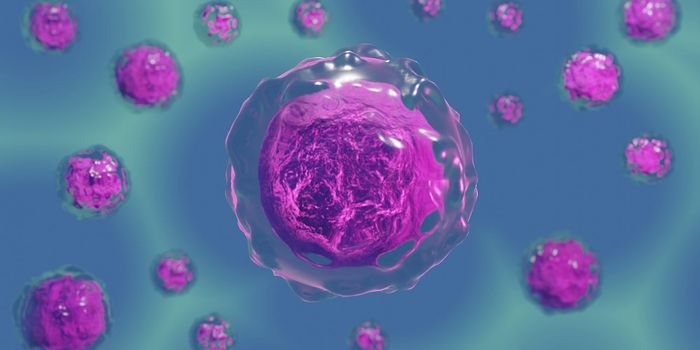Dance/Movement Therapy Benefits Cancer Patients
For cancer treatment, standard of care (sometimes referred to as best practice or standard therapy) defines medical treatments tested and accepted by experts in oncology and medicine. Doctors and physicians recognize these treatments as effective based on extensive research; thus, they become widely used for specific cohorts of patients. Depending on the type of cancer, standard of care therapy can include surgical removal of a tumor, chemotherapy, radiotherapy, or hormonal therapy.
In addition to standard medical care, some cancer patients may seek out complementary medicine. Compared to standard therapies, complementary approaches typically have less scientific evidence supporting their benefit. However, complementary medicine often helps the patient in a different way. Instead of a direct focus on eliminating cancer, complementary treatments lessen the negative impacts of cancer or standard therapies, such as reducing pain or anxiety.
Over the past few months, we have explored some of the benefits of complementary treatment options for cancer patients, including art, music, and pet therapies. Another emerging complementary approach that may benefit some cancer patients is dance therapy. Dance/Movement therapy (DMT), defined by the American Dance Therapy Association “as the psychotherapeutic use of movement to promote emotional, social, cognitive and physical integration of the individual”, has proven to help cancer patients undergoing treatment by managing the symptoms of their disease or the side effects related to their treatments.
There are two approaches to DMT: 1) medical DMT aims to provide a psychotherapeutic effect to address the physical and mental health of the patient, and 2) therapeutic dance aimed at engaging patients while undergoing cancer treatment. DMT therapists harness the communicative elements of dance with other body-positive activities such as relaxation, breath control, mindfulness, and play. DMT aims to generate an emotionally open and inviting environment for participants to connect to their mind, body, and spirit.
Childhood (brain) cancer patients receiving chemotherapy and creative arts therapy, including dance, art, and music therapy, exhibited improved mood, excitement, and happiness and less pain, nausea, and nervousness. While limited, the scientific evidence supports many benefits of DMT for cancer patients. One study compared breast cancer patients receiving standard care radiotherapy with or without DMT and found DMT correlated to reduced pain and stress. Another breast cancer study showed DMT during treatment was more beneficial than participating after treatment. A systemic review of publications investigating DMT concluded that dance intervention is a successful addition to standard therapy due to improving breast cancer survivors' quality of life and mental health. A meta-analysis of 41 studies, with over 2,000 total participants, found that DMT reduced depression and anxiety while increasing quality of life and interpersonal skills.
The ADTA is responsible for certifying dance/movement therapists in the US. Therapists require specialized training consisting of either a master’s degree in DMT from an ADTA accredited University or a master’s degree in a related field plus supplemental coursework as determined by the ADTA.
Interested in this topic? For further reading, see previous Labroots’ articles on the benefits of dancing in relation to mental health, dementia, and blood pressure.
Sources: Oncology Nursing Society, Children, J Pediatr Oncol Nurs, J Pain Symptom Manage, Cancer Nurs, Evid Based Complement Alternat Med, Front Psychol









